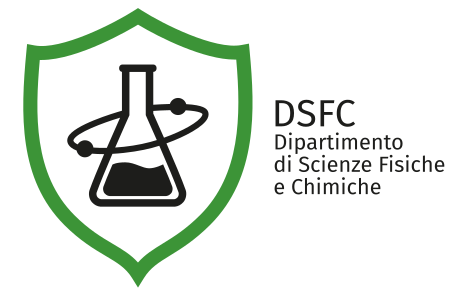Quinto appuntamento del secondo semestre con i seminari di Dipartimento 2024-2025
Per i seminari del Dipartimento di Scienze Fisiche e Chimiche Mercoledì 9 Aprile alle ore 14.30 in aula A.1.6 (Edificio "Renato Ricamo") il Dott. Valerio D’ Elia (Vidyasirimedhi Institute of Science and Technology, Rayong, Thailand) terrà un seminario dal titolo
"Non-reductive CO2 conversion through affordable smart catalysts
Abstract
The cycloaddition of CO2 to epoxides is a widely studied reaction because it represents a convenient way to reconcile CO2 conversion with the synthesis of industrially attractive commodity chemicals and intermediates. Furthermore, it can be carried out under very mild and even ambient conditions when the suitable catalytic system is employed. Previously, the choice of catalysts able to efficiently promote the title reaction under ambient conditions was limited to high molecular weight metal-organic complexes requiring multistep syntheses and elaborate organic frameworks to tune the metal center. Nevertheless, our work has demonstrated that simple coordination complexes of early transition metals such as Nb, Y, Zr are efficient Lewis acids for the cycloaddition of CO2 to terminal epoxides even when using flue gas CO2 as the feedstock. More recently, we have been able to extend this kind of chemistry to the preparation of recyclable heterogeneous Lewis acids and fully recyclable catalysts with the ability to carry out the target cycloaddition reaction under very mild conditions. On the other hand, recent investigation by our group has involved the application of naturally available and benign organocatalysts such as ascorbic acid and its derivatives or sodium citrate acting as hydrogen bond donors for the conversion of biobased epoxides to cyclic carbonates. While these kinds of homogeneous organocatalytic components are difficult to recover from the reaction mixture, our very recent advances show that biphasic reaction conditions can be applied in the presence of suitable biobased organocatalysts to afford efficient cyclic carbonate synthesis along with catalyst recovery in a separate aqueous phase. These aspects will be discussed with a focus on the mechanistic features and on the rationalization of the observed catalytic activity.


